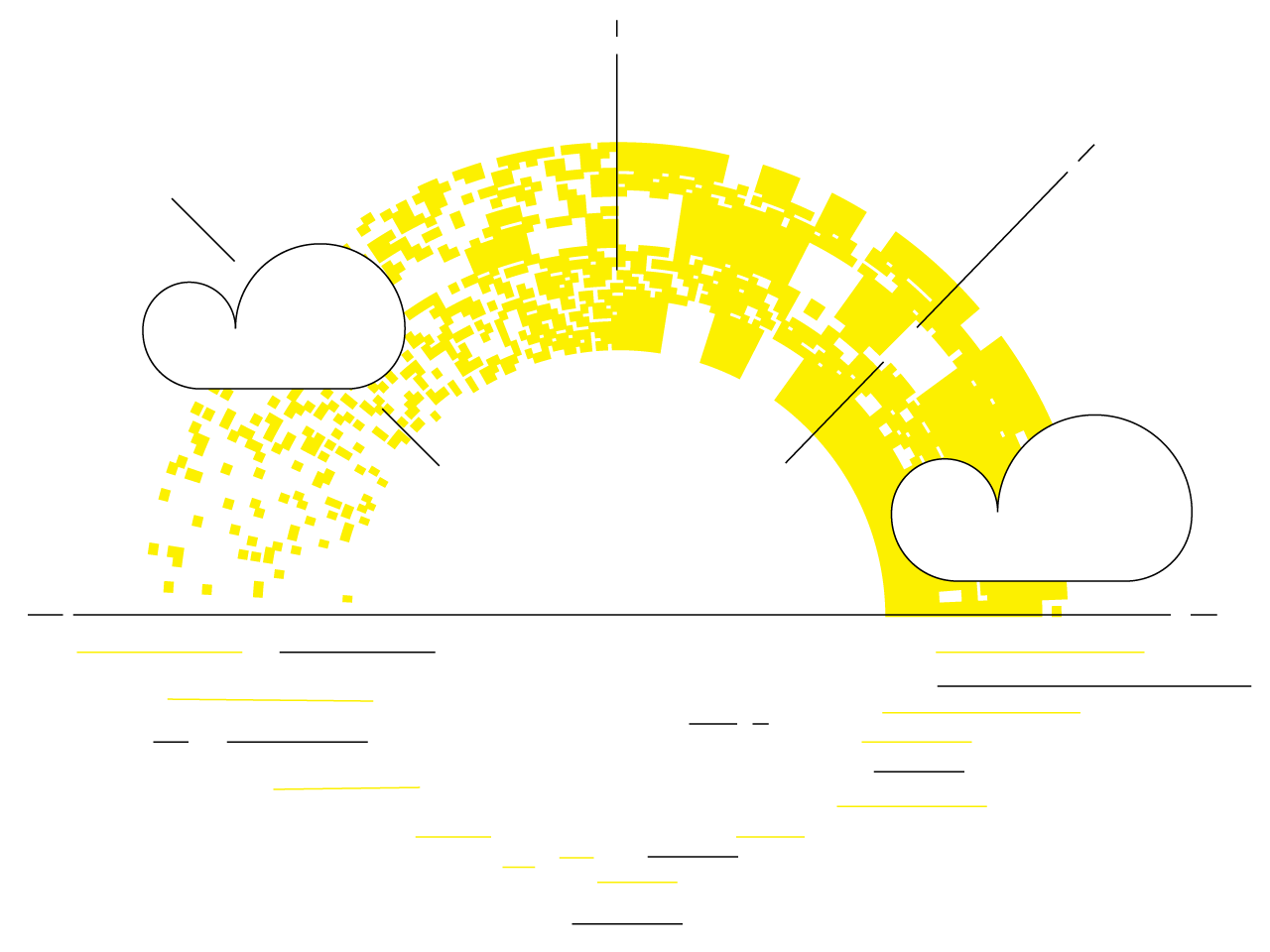
The Conference on the Future of Europe (CoFoE) is up and running. And it has gained traction since its launch on 19 April (which we covered here). Now, the Commission is launching national and European citizens’ panels, the next phase of the project.
This is a good moment to take stock of this flagship democratic initiative which saw, since its launch, more than thirty seven thousand platform participants and ten thousand proposed ideas.
Overall, CoFoE reveals an interesting pattern for the open movement, namely the high number of submissions calling for more open source, open access and open standard policies. Furthermore, these are initiatives that receive some of the highest levels of endorsement by users of the platform. Some of these initiatives will be translated into policies aimed at “Shaping Europe’s digital future” and many will be at the heart of future national and European citizens’ panels.
And while CoFoE is not binding in its outcome, it constitutes a unique supranational exercise of deliberative democracy, going beyond civic engagement limited to electoral voting every five years. It is also a unique source of brainstorming and collective vision for policymaking in the digital age.
The fact that a high number of proposals supports a stronger open mandate is telling.
In general, CoFoE deserves further attention by activists to understand how a civic perspective can influence policy discussions–also with regard to goals focused on openness and the digital commons. So let’s take a closer look at it.
Open policies for an open future
The following five proposals, if taken onboard by European policymakers, would create a strong “open policy package”, calling for stronger open source, open access and open standards policies. And they are all gaining significant traction on the CoFoE platform in the thematic area of digital transformation. They are all receiving a significant amount of “endorsements” and “follows” by participants–the two matrices which signal the overall level of support behind the proposals. Below, a short description of the five proposals:
- Public funding of open source software and hardware (DE): this proposal calls EU institutions to make freely available and accessible technical documentation and supplementary information from publicly funded research and industrial projects.
- OpenAccess, OpenData and OpenSource for artefacts created by research financed by government: this proposal aims to make freely accessible research publications, data and source code produced by research programs financed via public funds.
- Promote the use of free software (FR): this submission calls for the wide use of free software in public institutions across Member States. In addition, it aims to regulate IT producers to make possible the development of alternative software as well as not mandating the installation of operating systems by default.
- Universal income for open source maintainers: this proposal calls for the recognition of open source software as a public good and addresses the lack of remuneration for independent open source maintainers.
- Provide a public DNS resolver: finally, this idea aims to address market lock-ins effects in the search engines markets by requiring legislators to provide a public DNS resolver operated at the EU level.
What’s next?
European citizens’ panels, which constitute the second step of the Conference, are already unfolding in Belgium, Ireland, Italy and Poland. For the digital transformation topic, the relevant panel to follow is the one responsible for “stronger economy, social justice and jobs / youth, sport, culture and education / digital transformation”. The main outputs of the second session can be found in this report and the panel met again on 5 December in Dublin, Ireland for the third session.
Throughout these meetings the open policy proposals will hopefully remain as key parts of this co-created policy package. In that case, the CoFoE process will ensure that an open perspective remains at the forefront of EU digital policy-making.





